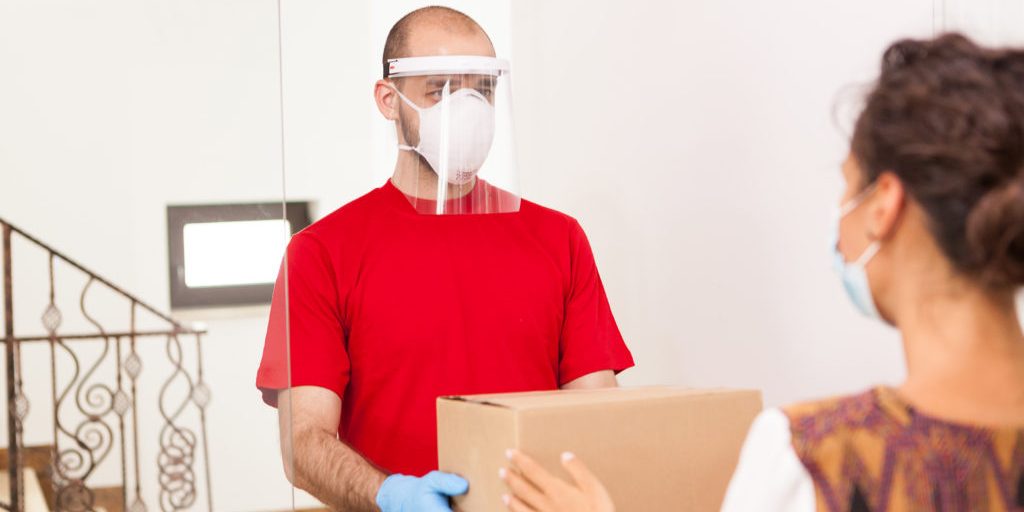Personal Injury Law Blog
COVID-19 Pandemic Raises Concerns About Potential Product Liability Claims

The Centers of Disease Control and Prevention has determined that person-to-person contact is the most common way of spreading the novel coronavirus. However, research shows that the virus can survive on surfaces such as cardboard and plastic for up to several days, raising concerns about product liability due to transmission through contaminated objects.
Product liability claims usually occur when any business in the supply chain manufactures, distributes or sells a defective item to a consumer, who suffers injuries due to the defect. If a consumer is exposed to the coronavirus as a result of using a product that is considered defective, the business may be held liable in a product liability claim. Companies can face product liability claims in relation to alleged advertising misrepresentations, breach of warranties, negligence or failure to warn. The Food and Drug Administration has issued warning letters to companies falsely claiming to sell products that either prevent or treat COVID-19 without any scientific support.
Questions remain about best practices amid the ongoing outbreak, such as whether surfaces should be wiped down at different phases of the product delivery process. Under the law of most states, the presence of an unexpected contaminant like a virus can be considered a defect in product liability cases. There is currently no evidence to suggest that COVID-19 can spread through food or drink, but the possibility remains that boxes, bags, delivery containers and other types of food packaging may carry the virus.
In strict liability claims a business is liable solely when the product has a manufacturing or design defect, regardless of the company’s level of care. The plaintiff must prove that the defect existed when it left the defendant’s hands.
Causation can be challenging to establish for plaintiffs in a COVID-19 product liability lawsuit against suppliers, distributors or retailers. As the coronavirus becomes more widespread over time, it is likely to become more difficult to prove that an infection was contracted from a particular product or source.
All businesses have a duty to exercise reasonable care to ensure that products that enter the market are not harmful. To show negligence in a product liability case, the plaintiff must prove that the business breached this accepted standard of care, and the alleged defect caused their injury.
With conflicting information coming from local and federal governments, there is confusion about who should set the minimum standard of care, which guidelines businesses should follow, and the potential liability issues arising from the current public health crisis. In the meantime, companies are responsible for taking steps to protect both workers and consumers from contact-based transmission of the disease, such as by disinfecting products and ensuring that employees handling them are not infected.



